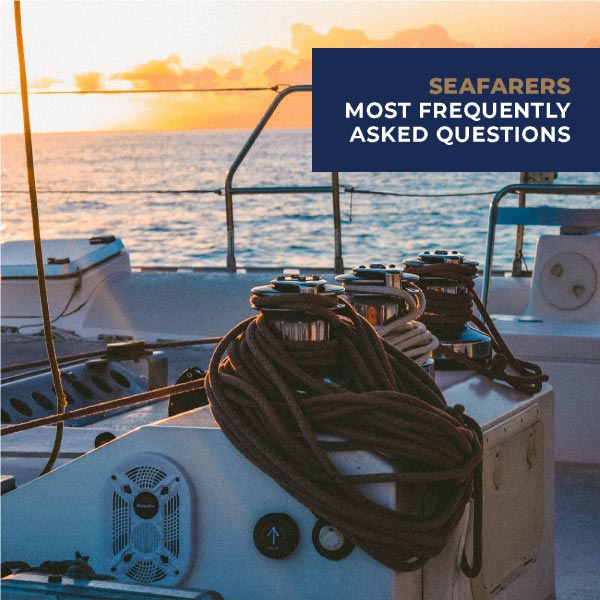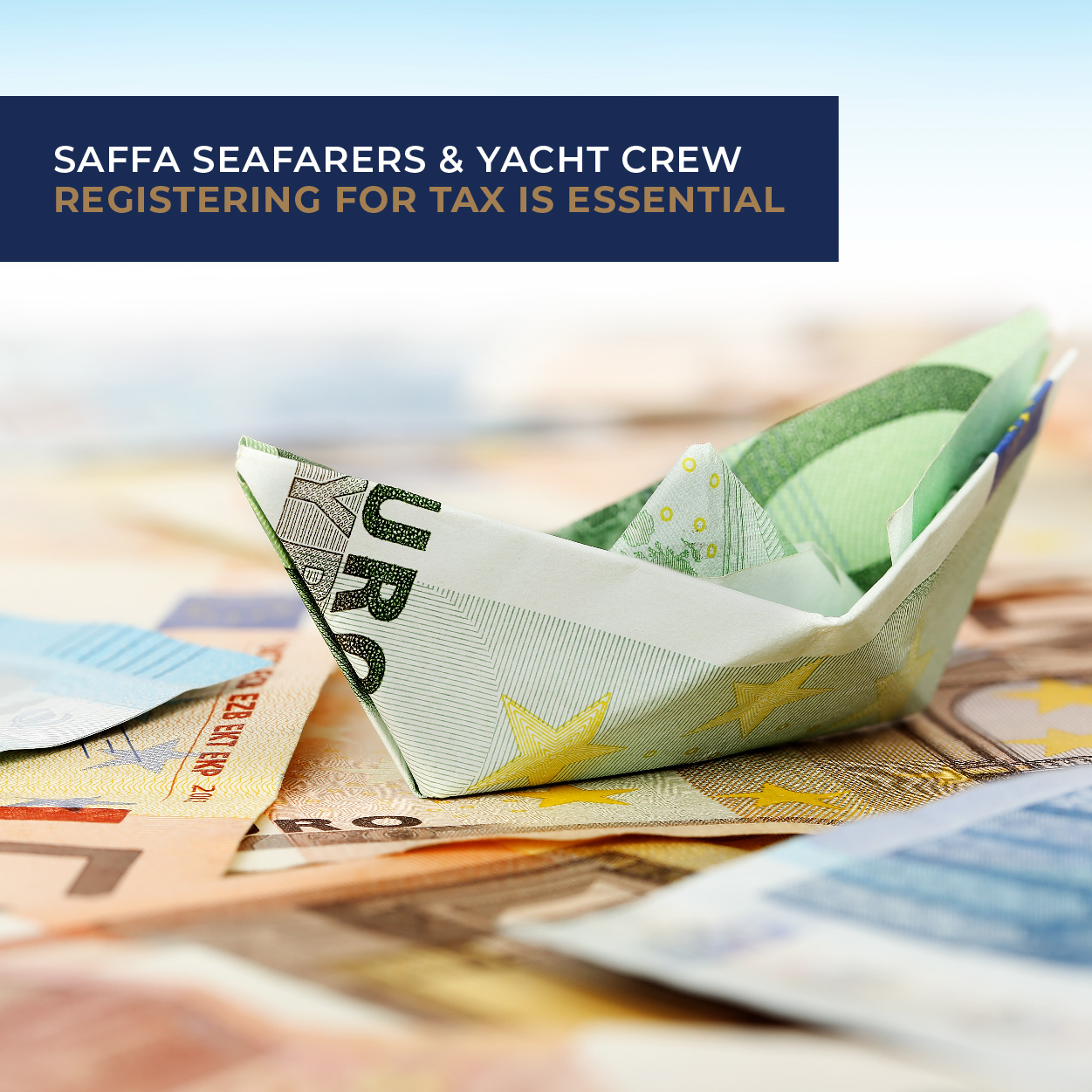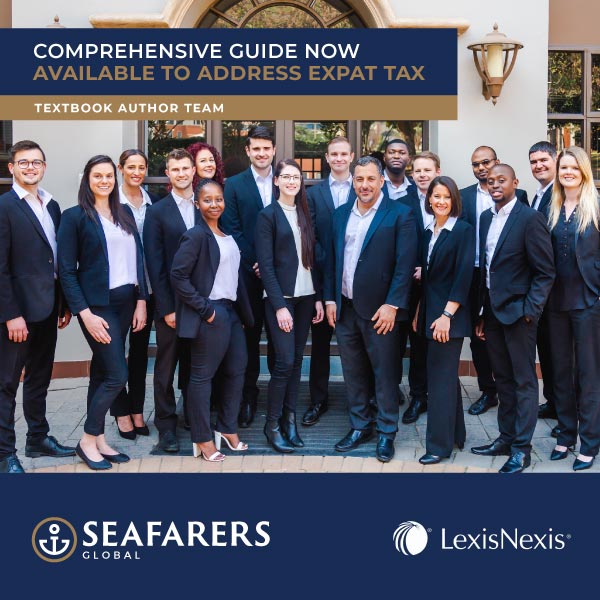SEAFARERS MOST FREQUENTLY ASKED QUESTIONS
Recently SAPeople asked the experts in their fields to answer South Africans’ seafarer questions about working on super yachts, to ensure you got the best answers to your queries.
Trilogy Luxury Training is the only internationally accredited training provider for interior crew in South Africa, but also offer help and services to anyone wanting to get into the industry. Offering over 12 years of experience in the industry and well recognized as providing honest up front advice, they have answered your yachting questions below.
Seafarers Global are South Africa’s foremost Tax specialist when it comes to individuals working in the maritime industry. They have an intimate working knowledge of requirements and laws when it comes to Seafarers, so you know that your unique situation will be understood and well managed when it comes to your Tax obligations. You will feel safe in knowing that they are your safe harbour when it comes to tax and you can focus on the job at hand.
Please click on the plus sign to view the answer from each individual.
1. My son (26 years) has been hoping to get some work on these yachts but has had no success so far, after completing his deckhand training etc in Cape Town last year. We would really love to learn whatever we can about how to go about getting work on the yachts.
Answer:
A few questions for Philip first of all, has your son only been applying from here in South Africa or has he been over to Europe or the states to look for work yet? If he has only been applying from here in South Africa, then he should consider going over to Europe as this will give him the best chance and it is very rare for someone new to the industry to land a job from here.
If he has been over and wasn’t able to find a job then there are a few things that you should look at, CV would be number one, also timing and area he was looking in would need to be considered.
If he is light on experience, then it’s a good idea for him to maybe get in touch with Cape Town Yacht services – Erik Bjerring – Owner – +27 72 688 1444. They offer yacht work experience on their fleet in Cape Town, he will get a written reference and some good work experience.
If you would like to book a personal consultation to get some more advice and discuss your son’s situation specifically Trilogy Luxury training offers information sessions to help you best plan the route your son should take as well as discussing CV layout and job search tips.
2. Does doing a course in South Africa guarantee you a job on a yacht? Which is the best course to do?
Answer:
Doing a course anywhere in the world does not guarantee you a job on a yacht. But not all courses in South Africa are created equal and some training providers will sell you everything and the kitchen sink. What role are you wanting to perform on-board? This is the best place to start and then Trilogy can guide you further from there.
And about how much money should I save for accommodation?
We recommend that you have R80 000 available for food, accommodation and transport while looking for a job, this is to cover 3 months and is also the amount you will need to show you have or have access to when applying for a visa, but also a good, safe amount to have available.
Do you know how long it takes in general to get a job?
This is a very hard questions to answer as it depends on so many variables and ultimately you. Sometimes people get a job in the first week, while other times it can take up to 3 months. There are certainly certain things you can do to improve your chances and conversely things you can do to damage your chances. Book an information session to get more information on this and learn what the best methods are for securing yourself work.
How long would I need accommodation for?
We suggest you book into a crew house for your first 2 weeks, that way you have guaranteed accommodation. After that you may find work or other options through people you meet while there.
Must I organise my accommodation before I move to Antibes?
Yes – and if you plan to go anytime from March to July we suggest booking as soon as possible, as it is the busiest time of year for crew looking for work so accommodation becomes booked quickly.
3. I‘ve heard it’s harder for us with South African passports? Is that true?
Answer:
Yes – it can be, but we always say it’s your attitude that gets you the role. So, while some roles may be closed to you there are lots of others that are open and if you are willing to embrace this from the beginning you will be successful.
What should I do to make it work with my SA passport?
Make sure you know the rules and regulations that apply to you, be responsible for your own visas and understand what you can and can’t do on the visas. Make sure you keep on top of it and sort things out with ample time to spare. There are 1000’s of South Africans in the industry so you can make it work.
How do we work on a boat with our passports? Would it be better for me to try find a job in the Caribbean or in the Mediterranean?
This is entirely up to you and your situation, it is easier to look for work in the Med, but that doesn’t mean lots of South Africans don’t get jobs in the Caribbean each year. The infrastructure is just more easily and economically navigated in the Med.
Which one is easier for South Africans? Is Antibes the main place to go in the Med?
It is one of the hubs, but you can also try Mallorca in Spain and Italy is also an option as well.
4. I’m 19. What kind of courses should I be doing to increase my chances of getting a job on a superyacht? Are all the courses in SA in Durban and Cape Town? About how much money do the courses cost?
Answer:
What role do you want to do onboard? There are different courses for different departments. The basic course everyone needs is STCW 10. All courses can be done in either Durban or Cape Town. Cost depends on the course you do. Please contact Trilogy for further specific advice.
5. I’ve seen on Facebook groups where they tell you to send in your CV. Does my CV need to be different to a ‘normal’ one?
Answer:
Yes – it is different to a normal CV and it needs to be laid out in a very specific way. It needs to include a picture of yourself and be limited to 2 pages. You should also have 3 of your most recent referees who can be contacted by phone and email.
Is there anything in particular that I should include in my CV to help make me more employable?
Have you completed all your courses? As you will need these before you can apply to work at Sea. Get in touch with Trilogy to help guide you more and discuss your CV layout in more detail.
6. I’ve heard South Africans are not that popular on boats.
Answer:
This is not uniquely specific to South Africans, all nationalities have their fans and their critics, but what can be a challenge for us is our passport and visa requirements. This is where you may see preference given to other nationalities.
What has given us a bad name?
What has in the past played against us are people who go over and aren’t serious about looking for work and just party causing trouble in bars and other social areas. Or have an expectant attitude that they are entitled to a job and then get belligerent when they aren’t given the job! Some people forget the good manners and social conduct we are brought up with here in South Africa and seem to leave it in the airport when they leave South Africa.
I’ve also got lots of friends that do work on boats though, and they’re South African. So is there anything I need to say during my interview that could put their minds at rest about me being South African?
You can take responsibility for the challenges that face us, i.e. visas and show understanding of your visas and their requirements. Showing a respectful and humble attitude towards everyone, and not just in your interview, is important.
Remember you are your product and you are a walking advert for yourself so even when you are out and about you never know who you may meet or who is sitting in the corner of the bar. If you are interested in finding out more an information talk with Trilogy can certainly help.
7. I did my Yacht Masters in Cape Town and spent seven months in Antibes - I walked the docks, I went to recruitment agencies and I lived on Facebook (waiting for new jobs to show) - but apart from day work, I never got a single permanent job offer. In fact, on one boat, I got my friend someday work too - and he got an offer! I worked hard. What did I do wrong?
Answer:
Sounds like you worked hard at getting a job and without chatting to you further it would be hard to say what the reason was, sometimes it’s just the roll of the dice. But there could be a few other reasons, again without discussing it with you directly it is hard to pinpoint.
I’m back home with my parents in SA now, but I want to head back to Antibes next year. Last time I arrived in February. Was that too early?
Feb is a bit early, maybe consider going in April/May, did your visa run out? Maybe this was the reason you were also passed over; your visa was expiring too soon.
What would you recommend is the best time to arrive? Was my CV full of too much day work – could that have put people off?
Not necessarily, did you ever get called back for day work by the same boat? Did you ask for references from your daywork? Also did you ever ask for feedback? If anything, this should be a good sign. Maybe it just wasn’t your year. Please contact Trilogy directly so we can help you further and look at what could be another approach for the future.
8. I started working in the industry this year. I told a friend who‘s a chief stew how much I’m earning, and she said it‘s too low. She said you shouldn’t accept anything less than €2,500 on boats here in France, no matter what the size. Is that true?
Answer:
This is a tricky question and not always so straight forward to answer. The size of yacht will dictate the salary to a certain extent, the base minimum should never be below €2 000 and while there are boats that pay less, there is a big push for crew to not accept low salaries out of desperation or because they don’t know any better as this then allows boats to underpay crew and continues a vicious circle.
It is generally accepted that the industry average for new crew to the industry is €2 000 – €2 800 and of course there are lots of exceptions to this. Please also remember that there is always a difference in wages from sailing to motor yachts as well as from private to charter.
9. Please help me. I‘m desperate to spend four years abroad and then come back to South Africa and with a lump sum to invest in property. So even though I’m partly doing this to see the world, make new friends blah blah, my main mission is to earn as much as possible. Do you know how much money approximately is needed to get a job i.e. the courses, the flights, the rent until I get a job.
Answer:
It is usually recommended that you budget around R80 000 to get all your courses and find a job. This number can go up or down depending on what role you want to take on, how good you are at budgeting and how long it takes you to get a job.
Are there any dos and don’ts with recruitment agencies?
Very simple, be polite and treat them as you would a potential employer, as they are the people who could potentially get you a job. Theirs is a very cut-throat market and so they don’t have time for people who don’t listen to them or don’t get back to them promptly. They may not always afford you the same response, but they aren’t trying to get a job, you are. Show up on time, dress nicely, be polite, be diligent and communicate with them. You may not get a job through them this time, but if they remember you for all the right reasons, they may call you for one next time.
Is that the best way to get work, or should you socialise (I’ve heard there are hangouts in Antibes) or apply directly to boats?
You should do it all! Getting your first job is hard work and something you need to work at every day. Register with the crew agents, network, socialize (but keep it tidy!) and put every line you have in the water, that’s how you will catch a fish.
About how much do you think I could expect to save in four years?
This is entirely dependent on the type of job you will get. But work on a base salary of €2000 – €2500 a month and that will give you the minimum range.
Are there any ‘tricks’ you could share on how to ensure a successful stint?
Remember this is a professional industry, so act like a professional. Don’t expect people to “give” you a job because you are there, you are your own product and a walking advert for yourself. Be prepared to work hard to make sure you present the right attitude and work ethic.
Also, do your courses and make sure you do all your research into getting the right courses under your belt, some training providers will sell you everything and the kitchen sink, also not all training providers are created equal, make sure they are internationally recognized and accredited.
Be wary of anyone who tells you that international accreditation is not taken seriously by Captains and Chief Stews. Give Trilogy a call for more advice and information on the best route to getting yourself a job, they are internationally accredited training providers and have a 100% success rate for people going through their courses.
10. Luke, a concerned South African captain, who’s been in the industry for 20 years
Answer:
It seems as if there are many SAFFAS out here and so many have no idea what to do where to go and are badly prepared for this industry. For the young green guys, I wish there was a seminar or perhaps a decent conduit for them to gain some insight into this very bizarre industry.
From visas alone it is a very difficult nut to crack into, then you have your pre-required courses and lodging once you get here to Europe.
We do have companies who specialize in this and are working very hard to help South Africans navigate this and enter the industry with the right attitude and knowledge. Luke, we would love to chat to you further and hear what you think is important as a Captain, that way we can make sure we are always giving the best advice. Please contact Trilogy Luxury Training if you are willing to do so, it would be a pleasure to hear from you.
11. Okay, I have many, many questions. How much money should I come over with?
Answer:
We suggest R50 000 – R80 000
What happens when my Schengen visa expires if I’m on a boat in the middle of the ocean???
You can organise a transit visa in your next port to leave and renew it.
Where do I apply for a job – what’s the most reliable place?
There are many places, Antibes and Mallorca are always popular in the Med as starting places.
What’s the best experience you could get – to work on a smaller or huge boat?
Both have pros and cons and for your first job it can often be a case of beggars can’t be choosers. We recommend that you at least work with another experienced person for your first job to get a good start.
I’ve heard they’re called yachts, superyachts or megayachts? True?
All true, it often refers to their size, but you can call them any of those. Superyacht is the most common term used in the industry and covers all 3.
How many years does it normally take to move from deckhand to captain?
This is entirely up to the individual, and how quickly they are able to get their sea time (hours at sea) you need to meet certain time frames to be able to progress. Finances are also a factor as the courses are expensive and often you have to take time off to get them done.
Can I apply for jobs from South Africa?
Yes, but it is not recommended as employers aren’t always happy to employ you from so far away. Saying that it has been known to happen on occasion.
Can I use my South African bank account or is it better to get an overseas bank account? What about e-banking?
Yes, you can, but it is a good idea to get one overseas, purely as it will cost you less in exchange rates. You can get one set-up with Standard Bank Offshore here in South Africa before you go so that you are all set. All the big banks now offer e-banking so it is also an option.
Is that better? Do I need an accountant?
Yes, and a specialized one at that, Seafarers Global is the best with regards to dealing with Seafarers tax.
12. What are the requirements for South Africans working abroad but still residents of SA, to pay tax? And what does one have to do regarding tax status etc. - are we required to complete annual tax returns? What are the responsibilities and requirements?
Answer:
There is a large misconception amongst seafarers that they need not file tax returns annually. The truth is: South African Seafarers/tax residents working abroad you are legally required to submit tax returns to SARS every year and declare all South African sourced income (if applicable) as well as all foreign earnings. There are three main exemptions that a South African Seafarer can claim which will either fully exempt your foreign income or exempt a portion of your foreign income(the latter exemption changes to only exempt R1mil from 1 March 2020, it currently exempts all foreign employment income if all requirements are met). The exemption that will be claimed will be based on which criteria’s you meet.
13. How can I tell if my employment agreement is correct and that I can qualify for the tax exemption from SARS?
Answer:
It is best to have your contracted reviewed by an expert. SARS is very specific when it comes to being an independent contractor – Your foreign earned income will not be exempt if on an independent contractor agreement. Seafarers global have a good team which does an in-depth review of employment contracts to see whether they meet the requirements.
14. I was under the impression that working offshore was tax-free?
Answer:
outh African Seafarers/tax residents working abroad you are legally required to submit tax returns to SARS every year and declare all South African sourced income (if applicable) as well as all foreign earnings. There are three main exemptions that a South African Seafarer can claim which will either fully exempt your foreign income or exempt a portion of your foreign income (the latter exemption changes to only exempt R1 mil from 1 March 2020, it currently exempts all foreign employment income if all requirements are met)The exemption that will be claimed will be based on which criteria’s you meet.
Below are the three exemption that a Seafarer can claim:
- Section 10(1)(o)(i)(aa) of the Act (“the first seafarer exemption”) – this exemption relates to officers or crew members on board a vessel, for foreign employment, which includes the international transportation of passengers/goods for reward. Meeting the requirements of this exemption allows for full exemption from tax in SA on the foreign employment income earned;
- Section 10(1)(o)(i)(bb) of the Act (“the second seafarer exemption”) – this exemption relates to officers or crew members on board a vessel, and that vessel is engaged in prospecting, exploration or mining of minerals, or production of minerals, from the seabed outside of South Africa. This exemption only relates to those seafarers solely employed for the safe passage or navigation of the vessel. Meeting the requirements of this exemption allows for full exemption from tax in SA on the foreign employment income earned. (not relevant to superyacht crew); and
- Section 10(1)(o)(ii) of the Act (“the expat exemption”) – this is the exemption that applies to South African taxpayers who earn foreign employment income and meet the requirements thereof. This has been amended, with the effective date of the amendment being 1 March 2020, whereby only the first R1 million can be exempted with the surplus being taxable in SA.
15. There is a lot of talk about this expat tax and the guys are sceptical that it will even work. How will SARS ever find out about our offshore earnings?
Answer:
The reality is that as a result of the amendment to the expat tax law commencing March 2020, SARS is now auditing all expat tax profiles ensuring that all South African expats are fully compliant and the disclosure of all worldwide income is being declared. This is actioned with the assistance of the Common Reporting Standards (see link below). The CRS assists SARS with information sharing in regards to all your foreign income which is then cross-referenced to see if your returns reflect the same. I, therefore, advise that full transparency and compliance is had with regards to the declaration of all your worldwide income.
16. I have worked on superyachts in the Antibes for a couple of years, but never paid tax and to be honest, did not think of the consequences, what should I do?
Answer:
You firstly need to determine your tax residency status. If you are deemed to be a South African tax resident, then you will need to rectify your compliance with SARS sooner rather than later.
- Register for a South African tax number if you don’t already have one;
- File backdated returns correctly for the years you have been working abroad (5 years max);
- File a tax return annually going forward.
We would suggest acquiring the services of an expat tax specialist who understands the tax exemptions around seafarers.
Source: SA People




